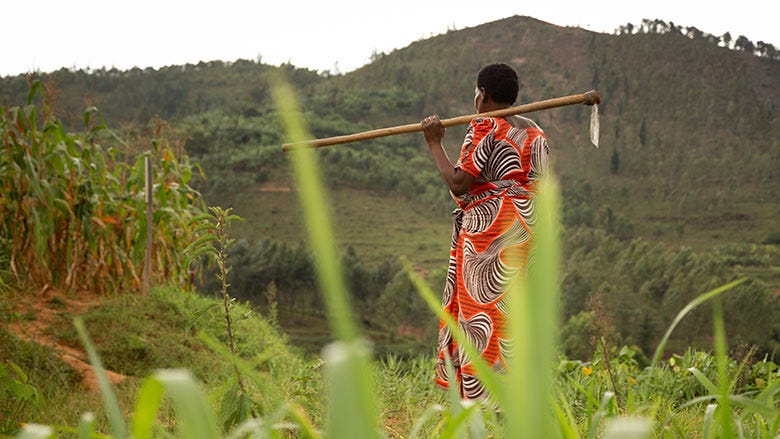What's happening in Rwanda?
Over the years there have been overtures and mutterings around Rwanda becoming a major tech hub in Africa. However, in recent years it all seems to have gone a little quiet.
Nigeria, Kenya and South Africa have slowly emerged as the three major tech hubs in Africa forming what has become known as the Silicon Triangle in Sub-Saharan Africa. Collectively they account for over 50% of the VC deals on the continent.
But what has happened to Rwanda and its ostensible dominance within African tech?
On paper its entrepreneurial CV is exemplary.
It’s one of only three countries in Africa to have a startup act. (Tunisia and Senegal are the other two).
It ranks 38 in the world on the World Bank’s Ease-Of-Doing-Business index, and 2nd in Sub-Saharan Africa after Mauritius. In fact, it’s possible to register a business in under 6 hours.
It ranks among the top 3 countries when it comes to internet connectivity. Moreover its internet is super-fast thanks to a comprehensive rollout of fibre optic and 4G infrastructure.
It has a large number of ecosystem players including 250STARTUPS, Impact Hub Kigali, African Entrepreneur Collective, and Iris Hub.
With the above attributes, Rwanda’s entrepreneurial ecosystem is primed for success. According to StartupBlink there are currently only 17 startups operating in the country compared with 268 coming out of Nigeria, Africa’s startup juggernaut.
The aggregate funding raised is only $28 million in which e-bike company Ampersand takes top spot with $5 million raised to date. For contrast, Nigerian fintech company, Flutterwave, raised a recent Series B round of $35 million.
Interestingly in proportion to population size Rwanda is at parity with Nigeria when it comes number of startups per capita. Being a geographically small nation, Rwanda’s population is only 12 million vs Nigeria’s 206 million.
Once this context is considered, Rwanda’s entrepreneurial ecosystem appears to be in healthy state compared to other African startup nations in the Silicon Triangle.
However, its startups still aren’t attracting nearly the same size of investments as Nigeria, South Africa and Kenya (Silicon Triangle). Moreover, when we look back 5 years to the vision the Rwandan government laid out, it was clear that by this year they aimed to have 100 startups with a total market cap of $50 million.
This was to be backed by an innovation fund of $100 million. Clearly they still have some way to go to reach these milestones.
With entrepreneurship still nascent, many Rwandan’s prefer to stick to what they know - over 90% of the population works in agriculture. When interviewed by the Times of Israel, Pacifique Hallellua, Community Director at K Lab mused:
“So if someone wants to go into entrepreneurship, sometimes things don’t materialize the next day. If you go into a field and you plant a banana tree, you see it the next day. Because people are dealing with intangible products, it’s not easy to convince the environment to accept it.”
In the News 🚀
🇰🇪 Kenyan e-bike startup, Ecobodaa, which is rolling out electric motorbike taxis in the country, has raised a round of funding from Persistent Energy Capital to help it grow.
🇲🇱 Malian insuretech startup OKO, which serves smallholder farmers, has raised $1.2 million in seed funding to enable expansion across the continent.
🇰🇪 Kenyan edtech startup Kidato has raised a seed round of $1.4 million to help it scale its operations.
🌍 Africa-focused VC firm, Atlantica Ventures, is raising a $50 million fund that will invest in tech startups from seed stage onwards.
Are you a founder or investor? Want to feature in our interview series? Apply here.




